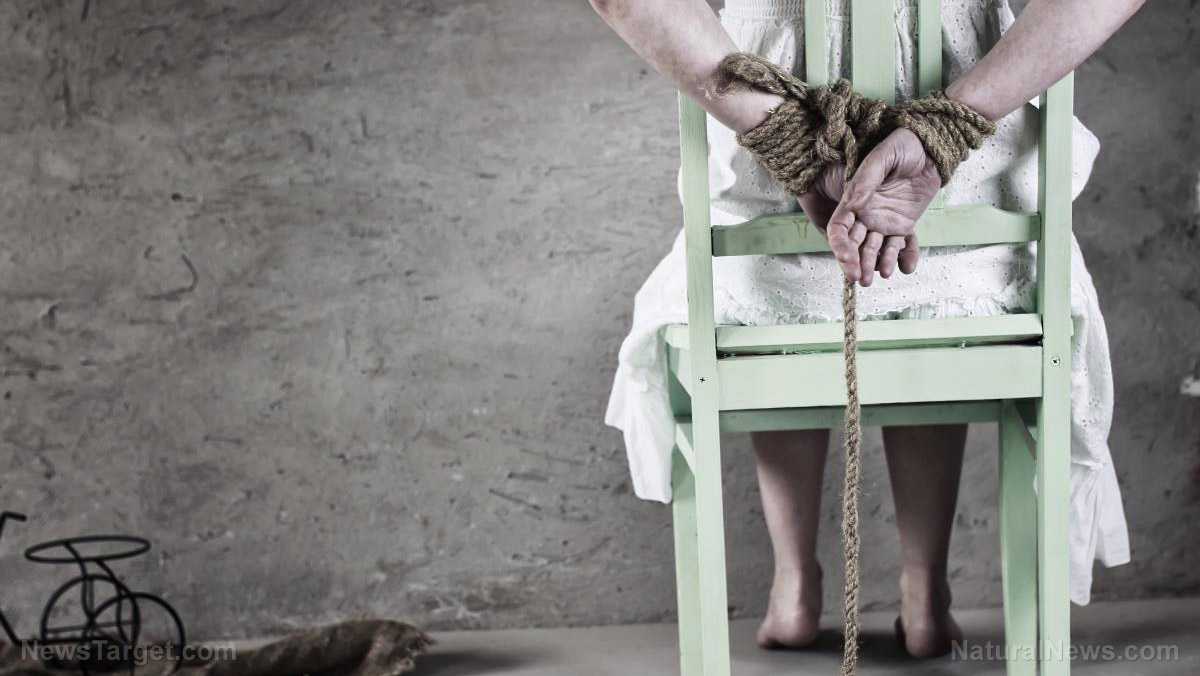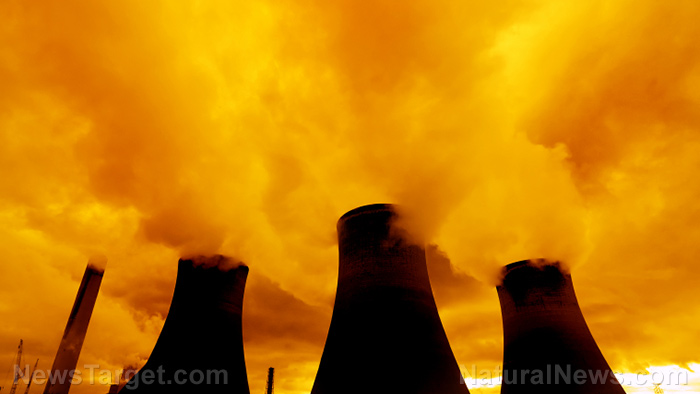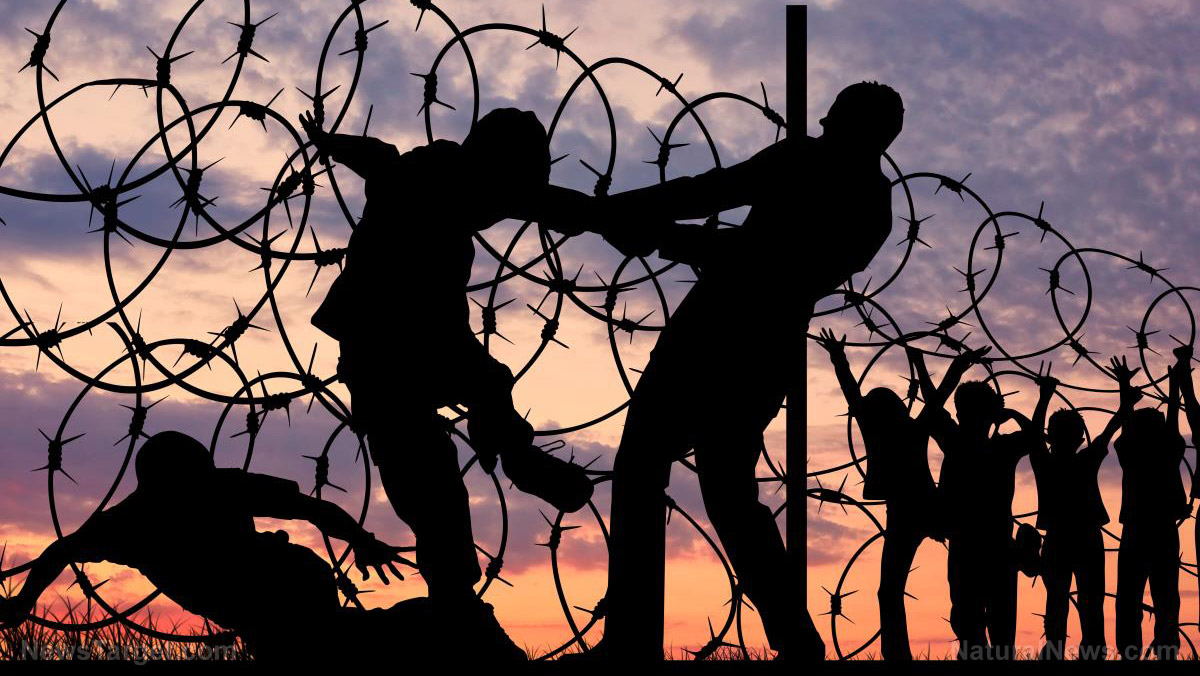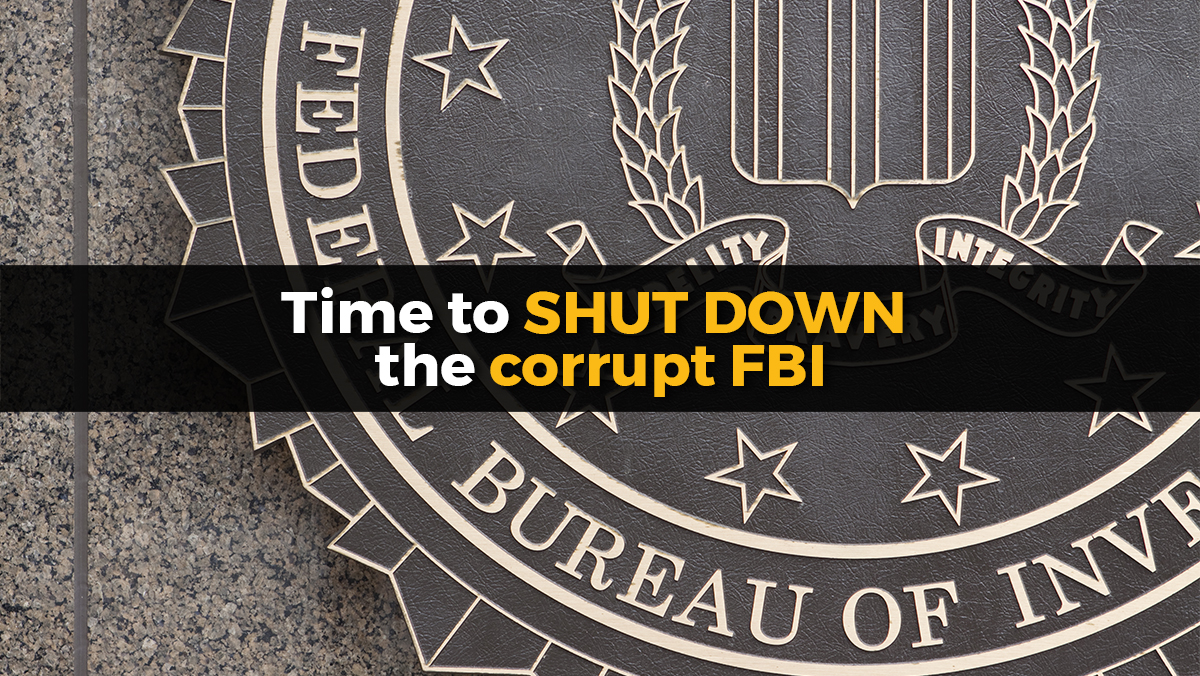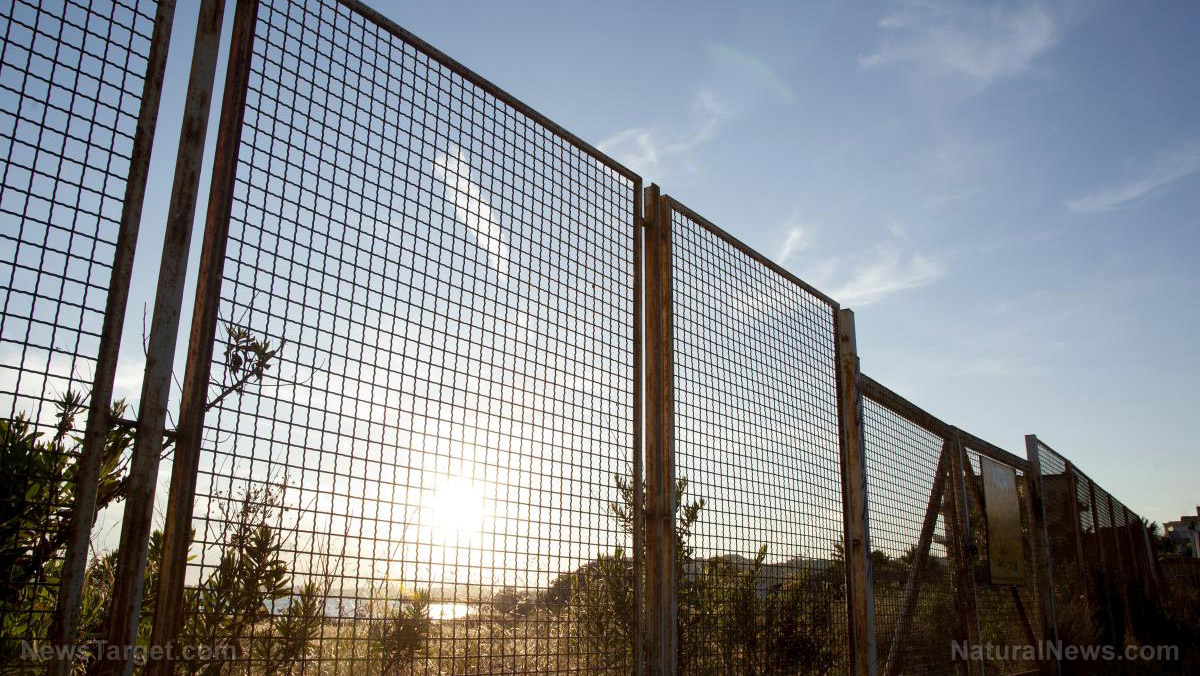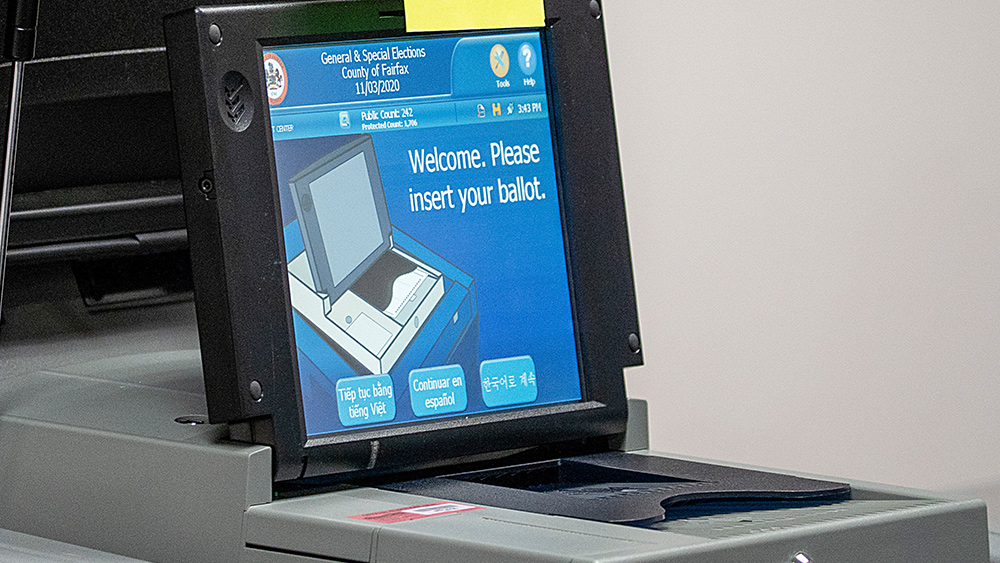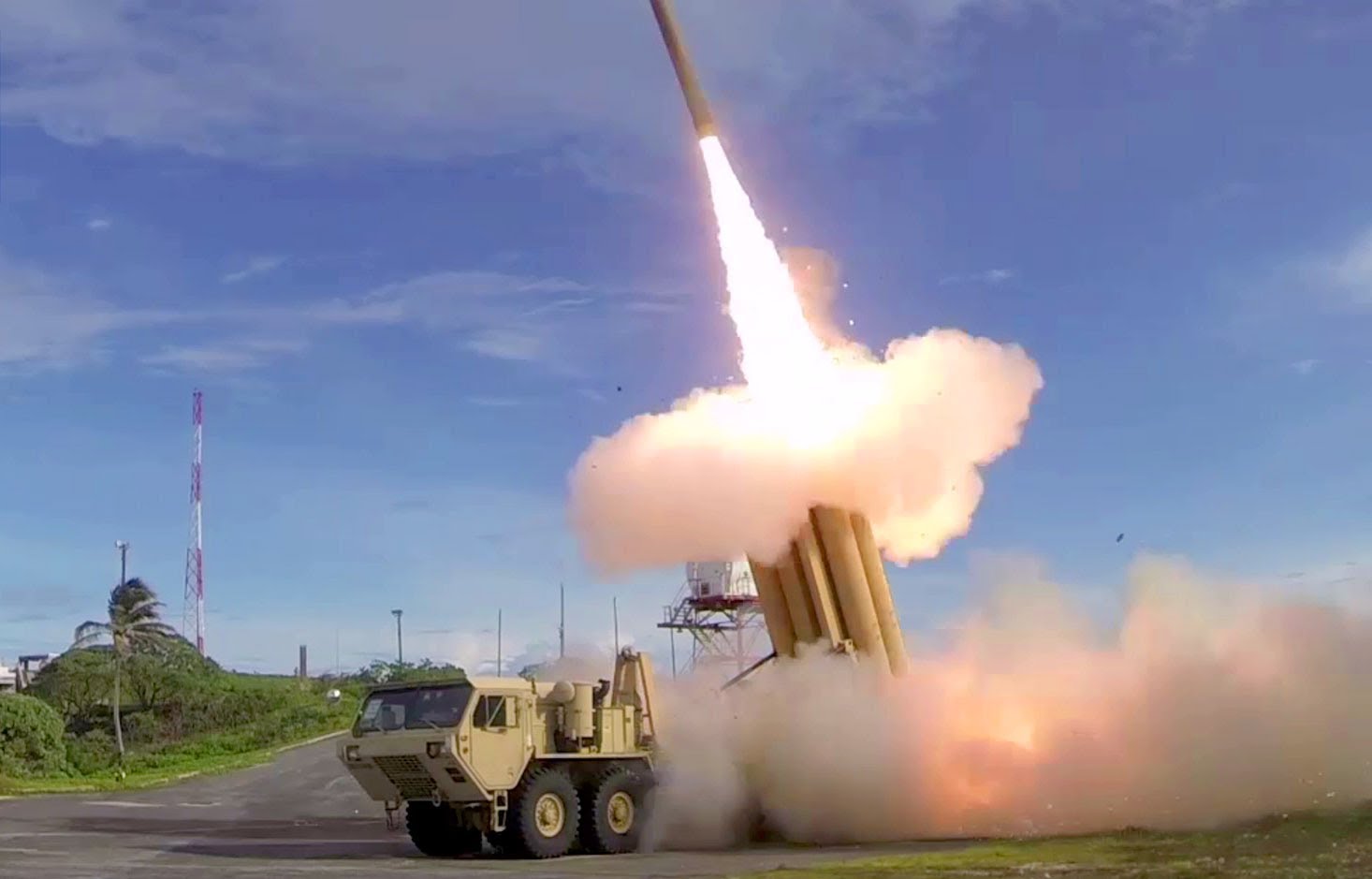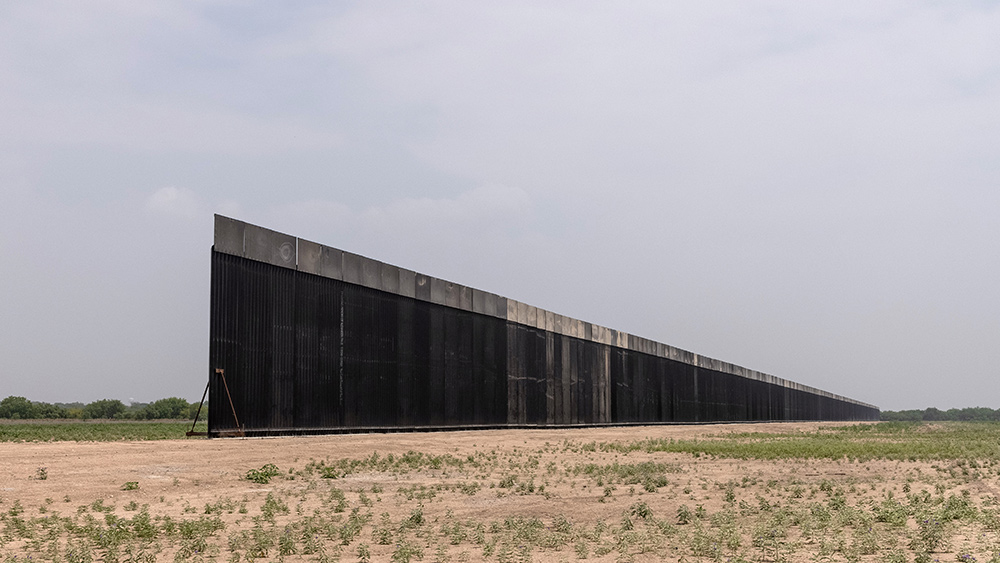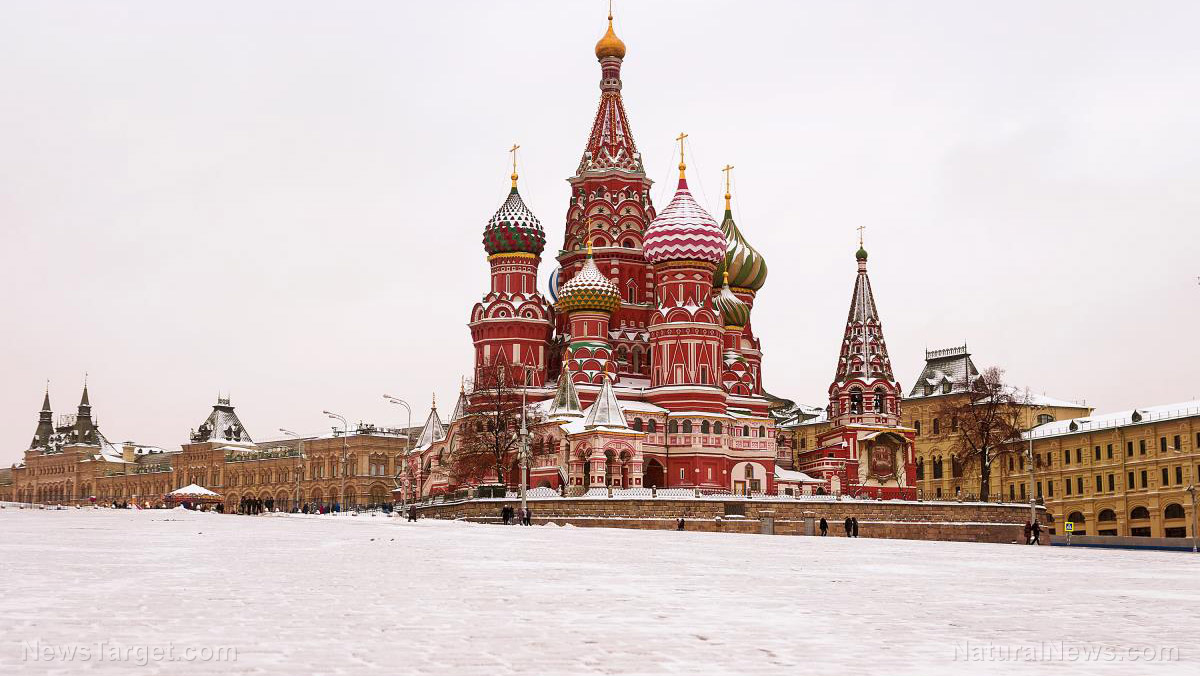Ukraine farmers unable to work on their fields due to war, increasing fears of global food shortages
03/15/2022 / By Arsenio Toledo

Ukraine’s spring harvest is in jeopardy as farmers are unable to resume work in the fields due to the war. If they are unable to continue their work soon, the country’s agricultural output for the year will be drastically reduced, endangering the food supply not just of Ukraine but of the many countries that depend on Ukrainian food exports.
Last fall, several months before the war began, Ukrainian farmers planted millions of wheat seeds throughout the country which, after a brief growing period, became dormant for the winter. Farmers are desperate to work on the fields and spread fertilizer on their wheat seeds to encourage tillers to grow off the main stalks and increase the yield per wheat stalk. (Related: Russia-Ukraine conflict hits global fertilizer supply, threatens food security for billions of people.)
But even if Ukrainian farmers were able to go back to work in the fields, they say they are very short on fertilizer. And even if they did have enough of those materials, they do not have enough fuel to power their tractors and other equipment, as most of the country’s fuel resources are being diverted to the war effort.
Some experts in Kyiv believe the country’s winter wheat yields could fall by as much as 15 percent compared to previous years if farmers are unable to work on their fields immediately and apply fertilizers. Other farmers believe the situation could be much worse and winter wheat yields could be reduced by as much as 50 percent, possibly even more.
Svein Tore Holsether, president of Yara International, the world’s largest maker of nitrogen-based fertilizers, warned that tens of millions of people will have to deal with food shortages because of the crisis in Ukraine.
“For me, it’s not whether we are moving into a global food crisis,” he said. “It’s how large the crisis will be.”
Kyiv urging farmers to start working wherever possible
Ukrainian President Volodymyr Zelenskyy has urged farmers to sow as many fields as possible to protect the nation’s food supply.
In a recent video, Zelenskyy said the country has to organize a full-fledged sowing campaign in all of its territory “to the extent possible.”
“All depends on people and the situation because this is about life,” he said.
But several of Ukraine’s largest agriculture corporations warned the government that a lot of the country’s planting operations will be unable to occur if Russia’s invasion continues.
UkrLandFarming, one such agribusiness, said it has lost nearly 300,000 hectares of land to the Russian invasion. This represents around a third of the company’s land portfolio. The company was also forced to shut down three of its egg farms, including Europe’s largest egg farm, the Chornobaivka factory in southern Ukraine, where the company said the farm’s 3.1 million laying hens are in danger of dying due to lack of care.
Several of the company’s managers in Kyiv and in the northern city of Sumy have also been killed by Russian forces.
IMC SA, another Ukrainian agribusiness, is unable to keep most of its operations going because of worries about worker safety. Most of the company’s fields are concentrated in the north and east, where Russian forces have occupied many villages and what land that remains in Ukrainian hands is under threat of being attacked by Russian forces or being hit by Russian munitions.
The company is hopeful that its fields in Poltava Oblast (province) to the east of Kyiv will be planted, but it has resigned itself to the fact that many other fields will not be because of the war.
The United Nations warned that, if nothing changes, between 20 to 30 percent of Ukrainian farmland typically used for winter cereals, corn and sunflower seeds will go unplanted or unharvested in the coming 2022 season.
Some Ukrainian officials are still hopeful that the country’s agriculture sector will be able to recover and have a relatively fruitful year. But much of that hope rests with the farmers in the relatively stable western regions of Ukraine, which is experiencing significantly less fighting.
Learn more about how the war in Ukraine is threatening the global food supply by reading the latest articles at FoodCollapse.com.
Listen to this episode of the “Health Ranger Report” as host Mike Adams, the Health Ranger, talks about Ukraine’s ban on food exports and how this will send shockwaves to the global food supply.
This video can be found in the Health Ranger Report channel on Brighteon.com.
More related stories:
Russia-Ukraine war will further worsen global food shortage as poor nations face starvation, unrest.
Sources include:
Submit a correction >>
Tagged Under:
agriculture, big government, chaos, crisis, farmers, farming, fertilizer shortage, food collapse, food crisis, food shortage, food supply, national security, Russia, Russo-Ukrainian War, starvation, Ukraine, Volodymyr Zelenskyy, wheat shortage, World War III
This article may contain statements that reflect the opinion of the author
RECENT NEWS & ARTICLES
COPYRIGHT © 2017 NATIONAL SECURITY NEWS


